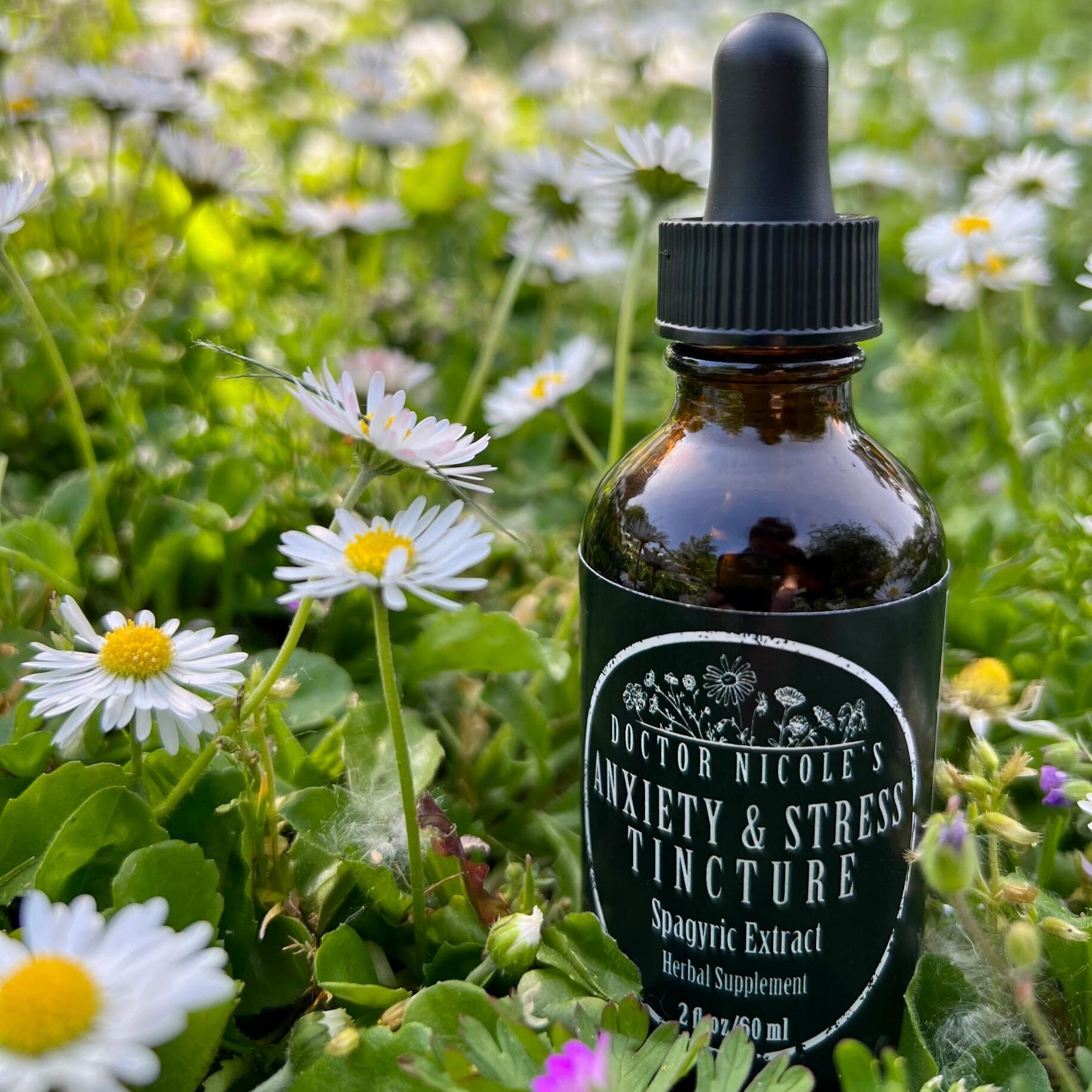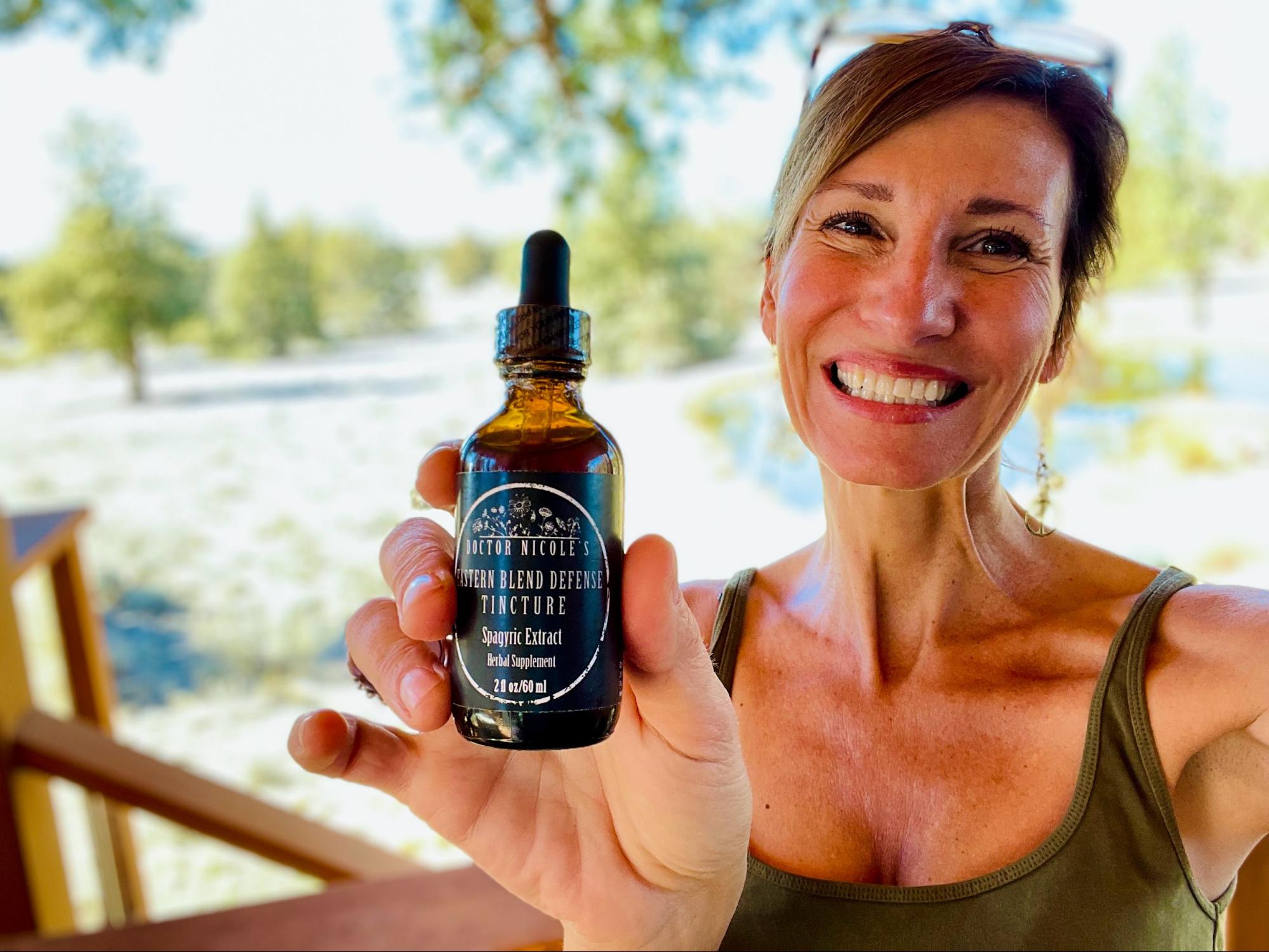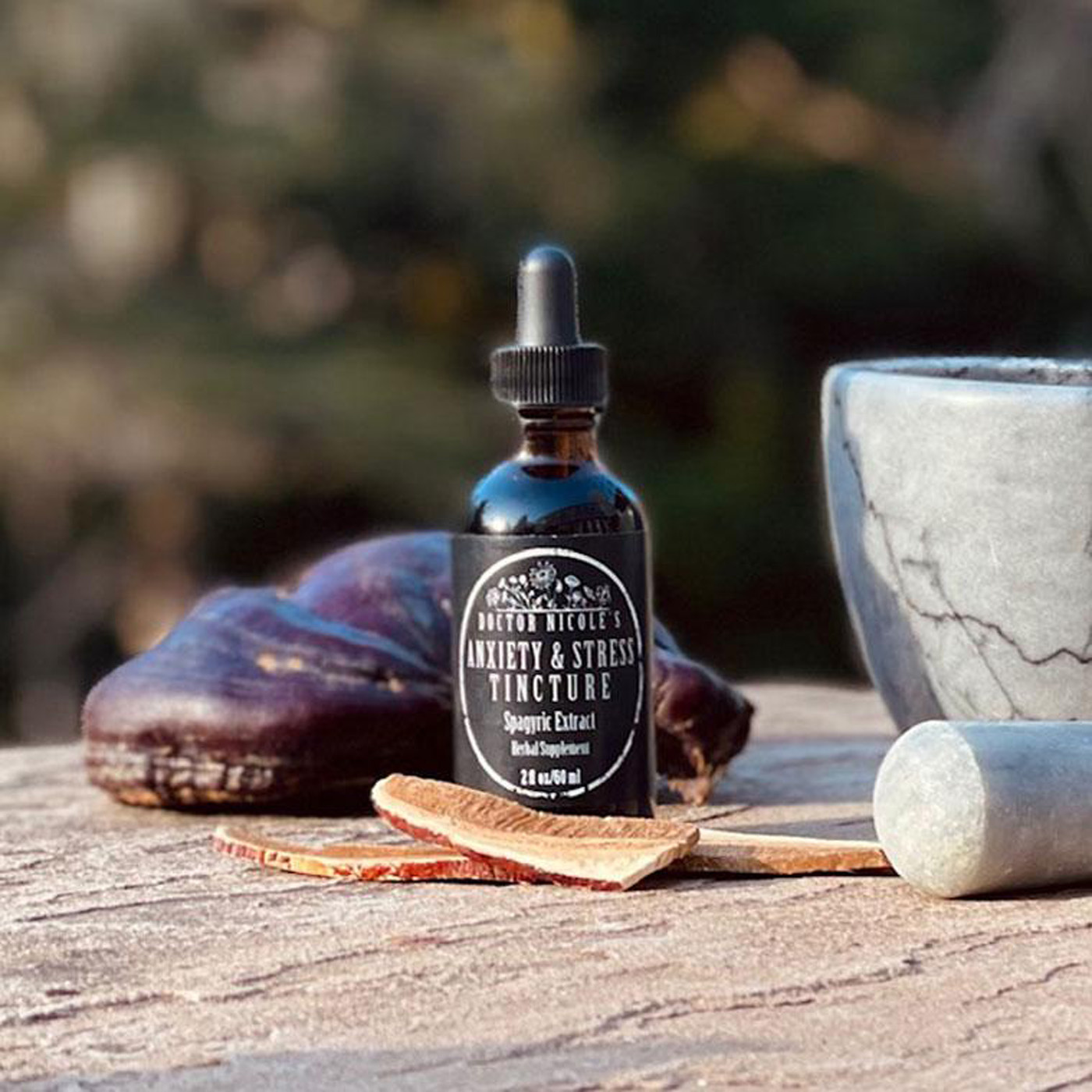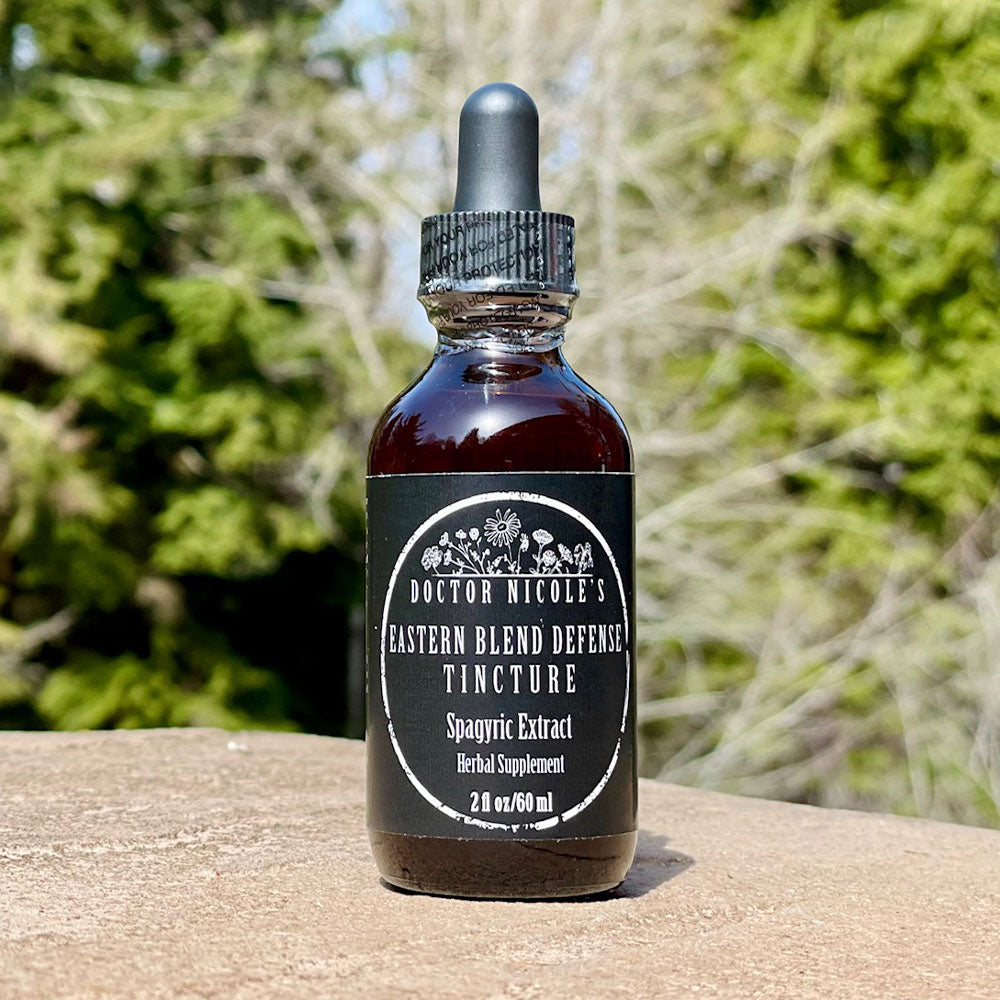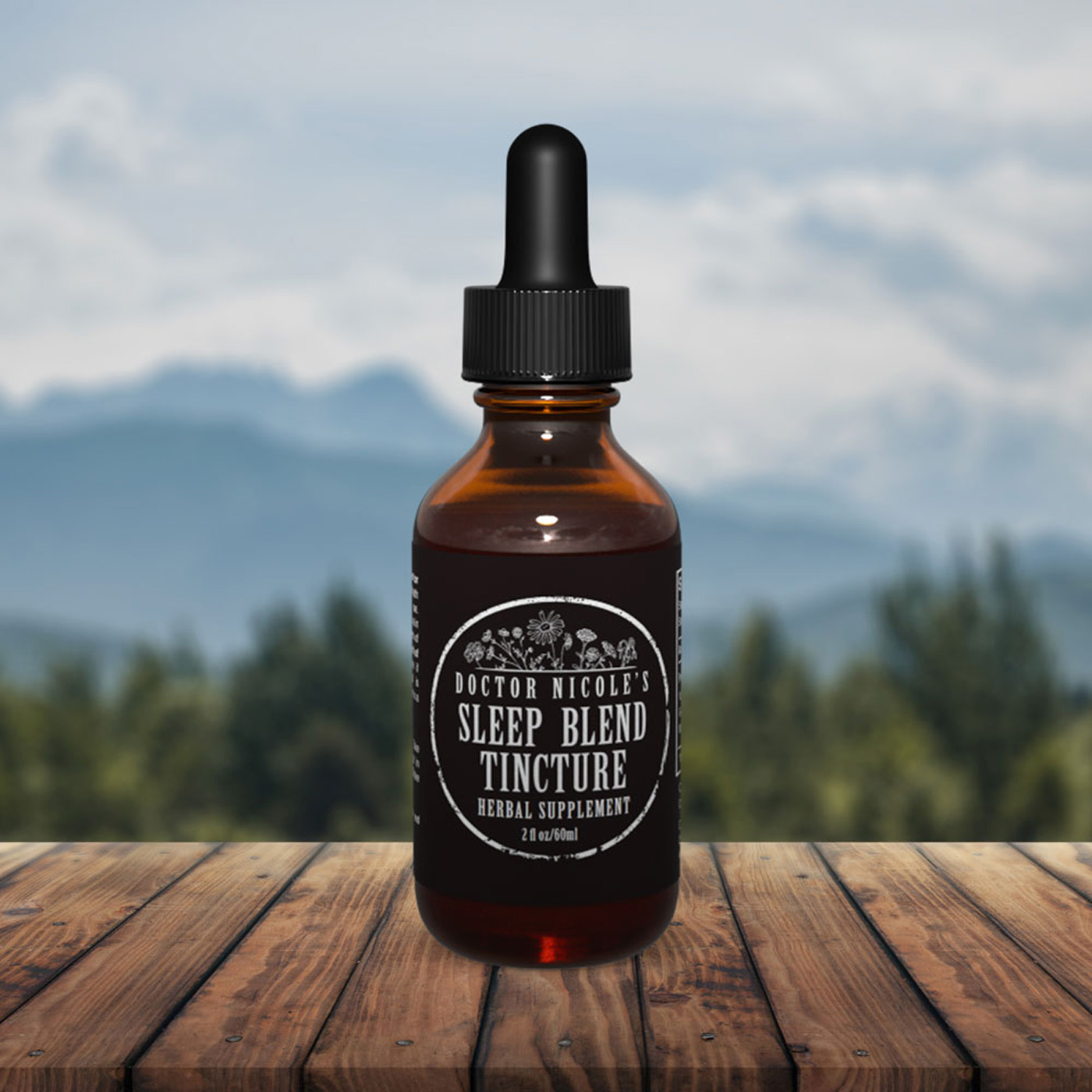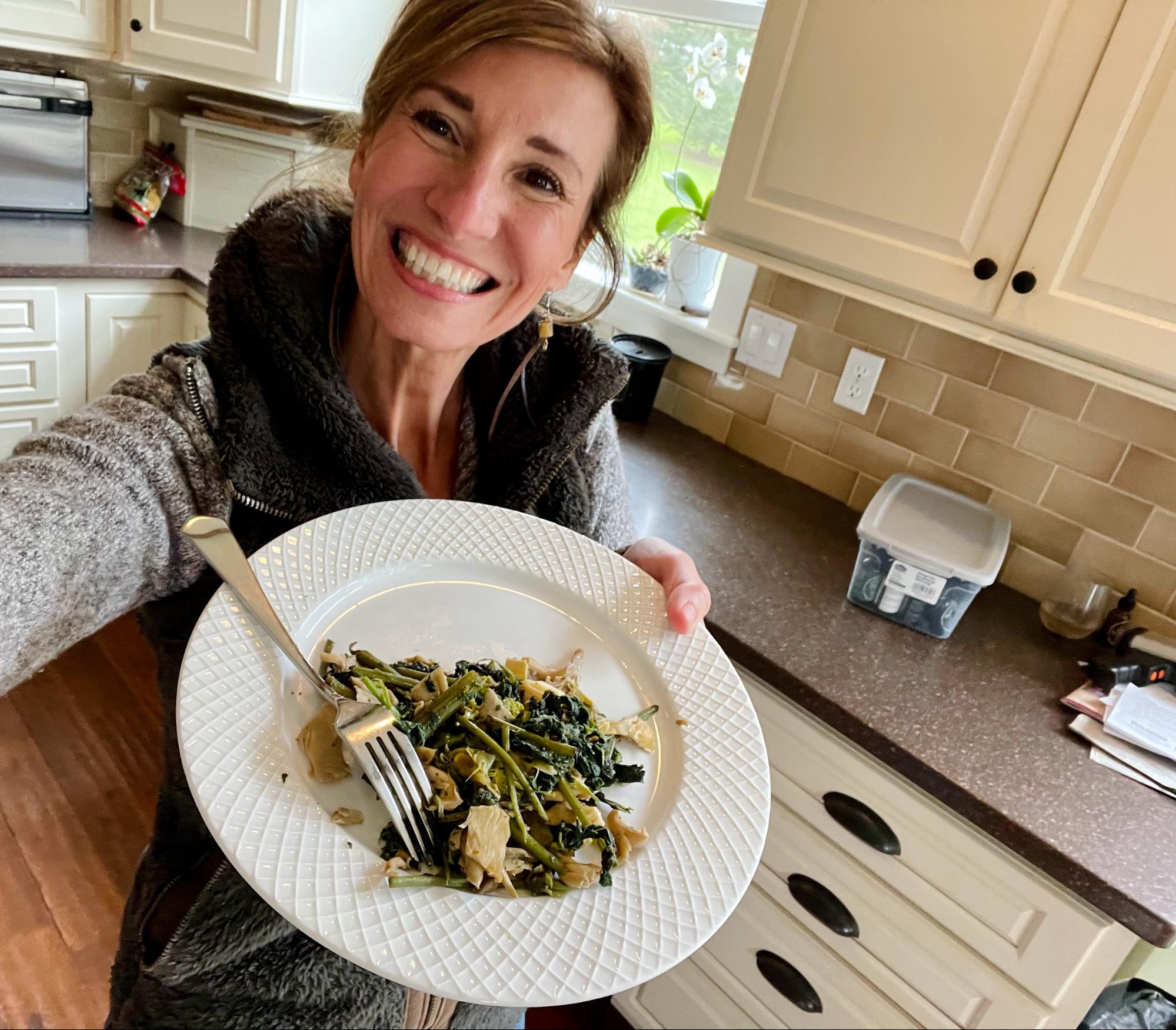A Mysterious, Life-Changing Syndrome
Fibromyalgia can be an elusive condition as it often mimics other chronic health issues and is overlooked by healthcare professionals. To make matters more complex, the root cause is uncertain. But one aspect is clear: living with fibromyalgia is exhausting. When it flares, brain fog, muscle pain, fatigue, depression, insomnia, and more can arise, making it difficult to get through the day. Fibromyalgia can be a challenging condition — especially when you are feeling great one day, then suddenly you have a flare.
While researchers are unsure as to why fibromyalgia develops, there are certain risk factors involved and clear triggers which we will examine below — including how dehydration aggravates the condition.
Common Risk Factors
As healthcare providers continue to piece together the mystery of fibromyalgia, they have found a strong genetic link between parents and their children — especially those who are sensitive to pain. Experts believe there is a genetic mutation that is responsible for forming neurotransmitters in your brain that are responsible for pain signals. This in turn may create a dysregulated pain response.1,2
Fibromyalgia generally arises after the age of 40 — typically in women, but there are known pediatric cases. If you have had a severe viral infection, this can also trigger the disease. Additionally, chronic stress, anxiety disorders, and irritable bowel syndrome (IBS) are associated with a higher risk of developing the condition. All of these can also cause a flare, which creates a negative feedback loop that perpetuates the cycle of pain, brain fog, depression, and more.
Several studies have indicated dehydration plays a significant role in the development of fibromyalgia, flares, and increased pain. Let’s take a look as to why.

Dehydration, Lowered Pain Threshold, & You
Interestingly, both dehydration and fibromyalgia share similar symptoms — so it can be challenging to establish which came first. But we do know dizziness and/or lightheadedness are associated with both.3 Dehydration has also been shown to cause increased sensitivity to pain.4
In one small fascinating study involving five men, dehydration, and brain activity measured by magnetic resonance imaging (MRI) showed heightened brain activity to painful stimuli when dehydrated and lower brain activity when properly hydrated. These results lead the research team to conclude:
“Our findings suggest that dehydration brings about increased brain activity related to painful stimuli together with enhanced thirst, whereas rehydration with ORS alleviates thirst and decreases brain activity related to painful stimuli.”5
Other similarities between dehydration and fibromyalgia include fatigue and brain fog. Again, it is difficult to untangle, but researchers agree: if you are suffering from fibromyalgia, dehydration will not only cause worse symptoms, but may also trigger a flare.
This brings up the question of how much water we should be consuming each day. Experts recommend consuming between 11.5 and 15.5 cups per day, depending on activity level and climate.6 Keep in mind this isn’t limited to glasses of water — it can also include fruits, vegetables, soups and broths. A good rule of thumb is to drink one cup of water every hour throughout the day.
Managing Fibromyalgia: Additional Support
As we have seen, stress, insomnia, viral infections, and dehydration can all contribute to the development of fibromyalgia, its symptoms, and flares. Beyond consuming enough water each day, we can adopt helpful habits and use supportive remedies to minimize symptoms and prevent flares.
First and foremost, addressing chronic stress in your life is foundational. How so? Because ongoing stress not only contributes to the development of fibromyalgia and subsequent flares, but it also causes inflammation, brain fog, and poor sleep. This in turn can create an unpleasant cycle of heightened fibromyalgia symptoms and additional stress. See this post for tips on how to reduce stress, boost joy, and encourage overall well-being.
For herbal support in relieving stress, anxiety, depression, inflammation, and brain fog, there is no better choice than my Anxiety & Stress Blend. It contains powerful adaptogens that help you to navigate stress in a healthy way, improve energy, calm the nervous system, and boost cognitive function.
Sleep matters. If you aren’t getting enough deep, rejuvenating rest each night, not only will your fibromyalgia symptoms worsen, but it will also impact your clarity and further increase stress. Because of this, it is crucial to establish a healthy sleep hygiene routine.
My potent Sleep Blend also helps to promote deep, restful sleep by utilizing four powerful herbs: Valerian Root (Valeriana officinalis), Hops Strobile Flower (Humulus lupulus), German Chamomile Flower (Matricaria chamomilla), Passionflower (Passiflora incarnata).
Working synergistically, each of these botanicals help you to fall asleep faster and stay asleep longer, while also boosting the production of GABA — a feel-good, calming neurotransmitter that supports healthy sleep patterns.
Since viral infections often play a part in fibromyalgia, herbal anti-viral remedies are an outstanding choice to address current chronic infections and prevent future occurrences. Our Eastern Blend is an outstanding option for defending against viral illness. Utilizing concentrated extracts of Chinese skullcap, Japanese honeysuckle, Japanese knotweed, and cordyceps mushroom, this formulation also boosts/modulates the immune system, cools inflammation, and is helpful for anxiety, insomnia, Lyme disease, and more.
Have no doubt, herbal remedies are powerful medicines that can transform your health, outlook, and life. I know they have for me. If you would like to explore how plant-based extracts can help, visit the apothecary today to learn more about our full-line of products.
Nicole Apelian
Nicole’s Apothecary Products in this Post
References
- Kawamoto, Y., Ueno, Y., Nakahashi, E., Obayashi, M., Sugihara, K., Qiao, S., Iida, M., Kumasaka, M. Y., Yajima, I., Goto, Y., Ohgami, N., Kato, M., & Takeda, K. (2016). Prevention of allergic rhinitis by ginger and the molecular basis of immunosuppression by 6-gingerol through T cell inactivation. The Journal of nutritional biochemistry, 27, 112–122. https://doi.org/10.1016/j.jnutbio.2015.08.025. https://pubmed.ncbi.nlm.nih.gov/26403321/
- Ishikawa, Y., Tokura, T., Nakano, N., Hara, M., Niyonsaba, F., Ushio, H., Yamamoto, Y., Tadokoro, T., Okumura, K., & Ogawa, H. (2008). Inhibitory effect of honeybee-collected pollen on mast cell degranulation in vivo and in vitro. Journal of medicinal food, 11(1), 14–20. https://doi.org/10.1089/jmf.2006.163. https://pubmed.ncbi.nlm.nih.gov/18361733/
- Mlcek, J., Jurikova, T., Skrovankova, S., & Sochor, J. (2016). Quercetin and Its Anti-Allergic Immune Response. Molecules (Basel, Switzerland), 21(5), 623. https://doi.org/10.3390/molecules21050623. https://pubmed.ncbi.nlm.nih.gov/27187333/


